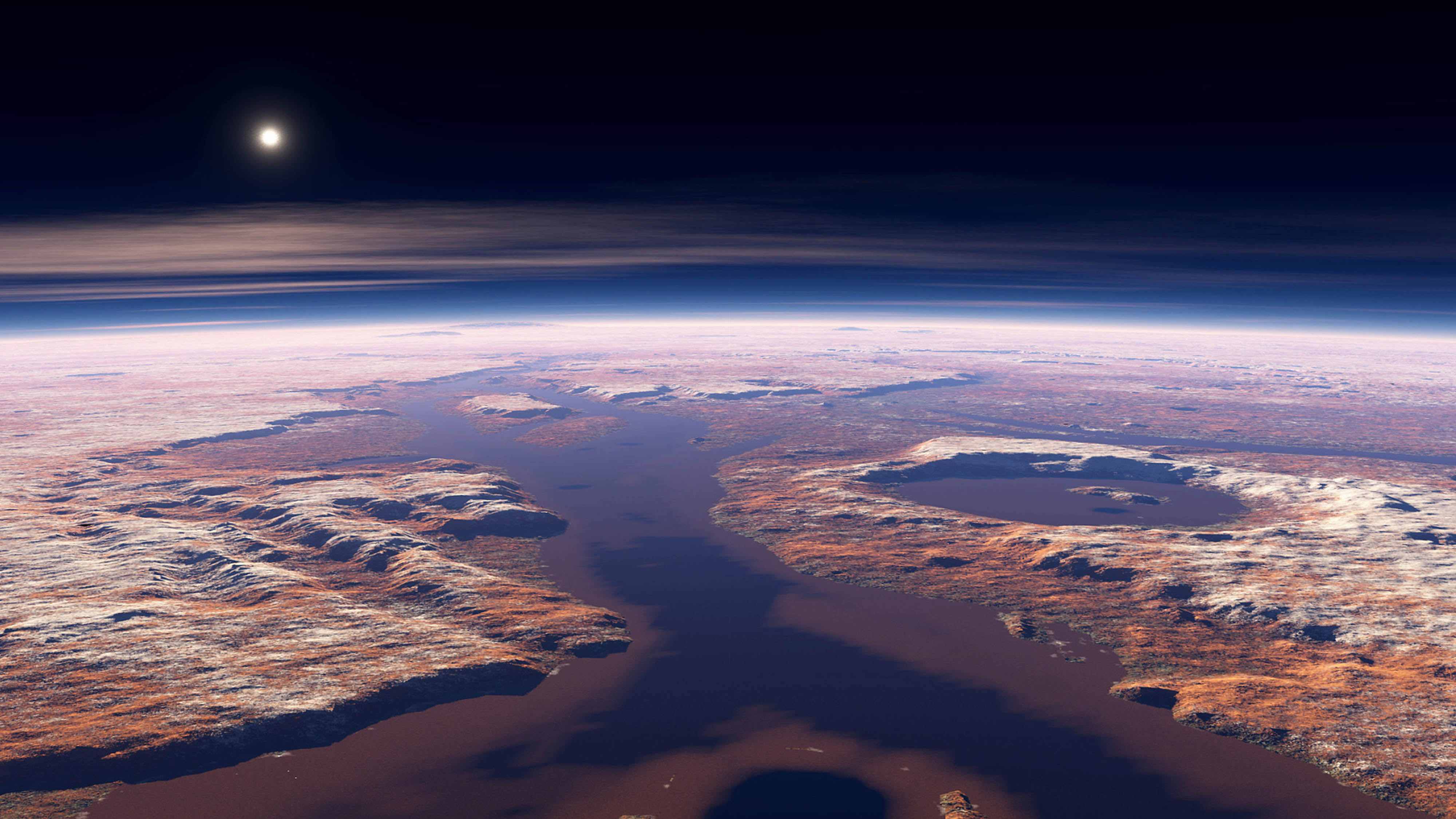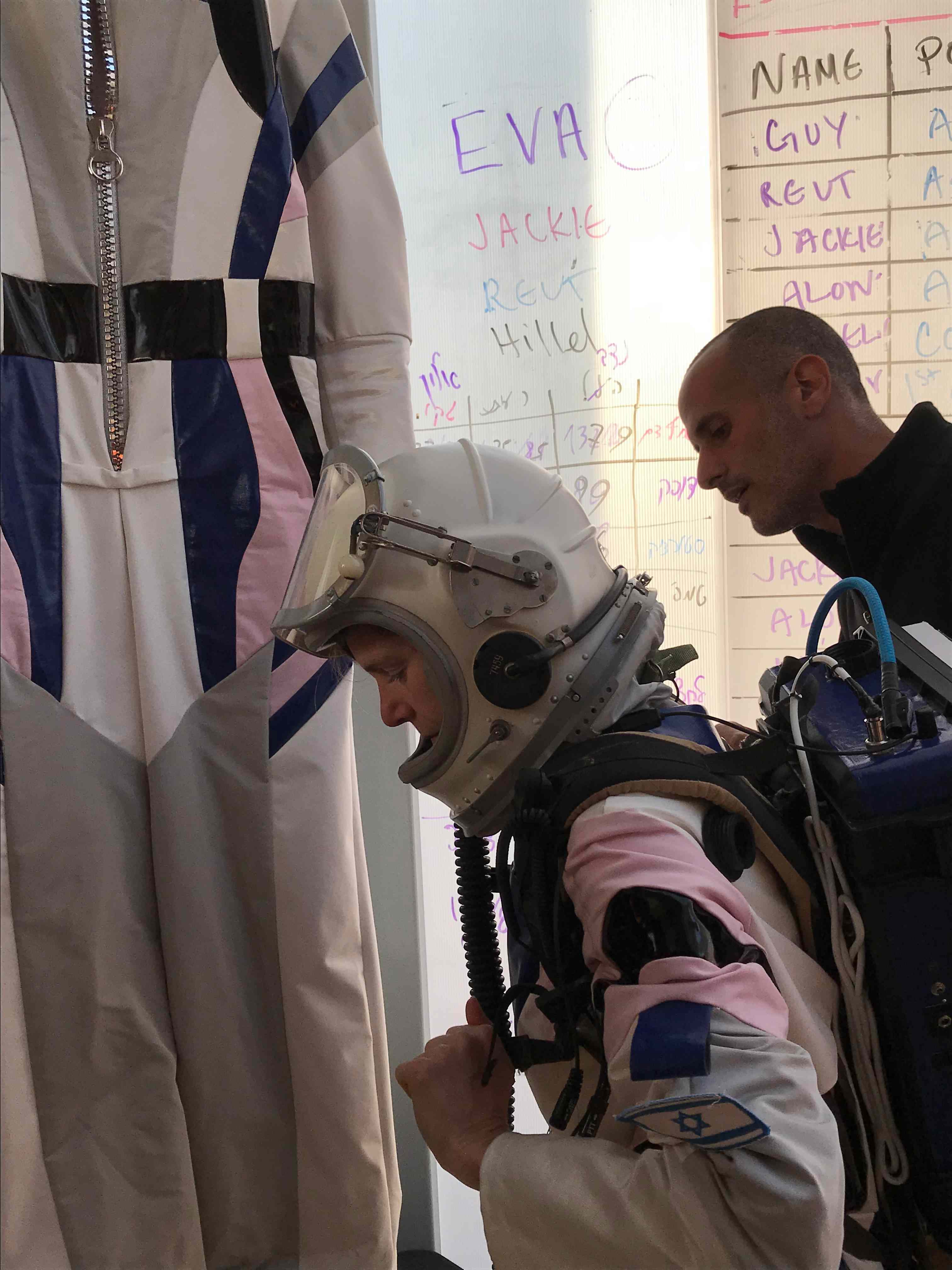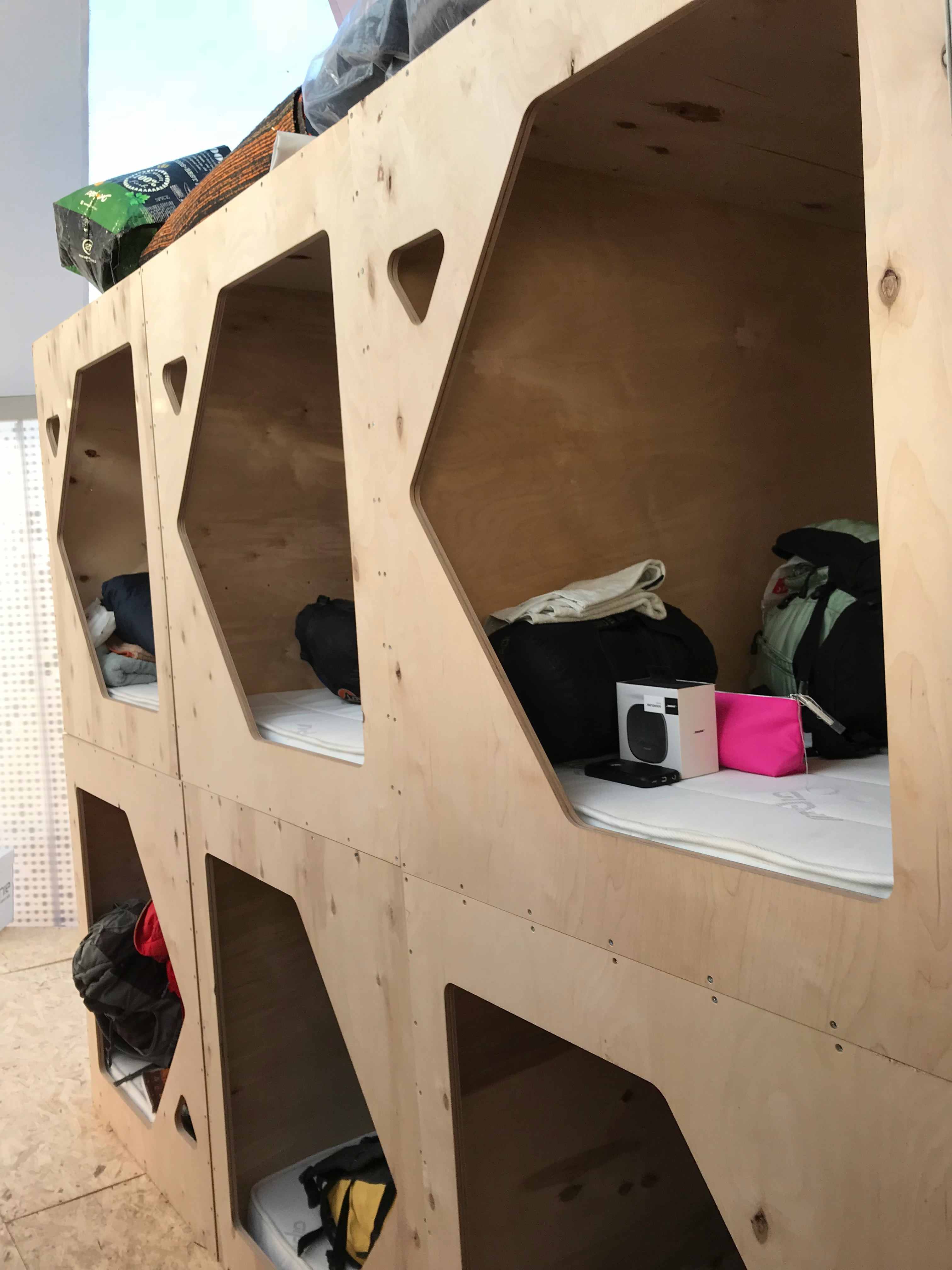
Space
12:39, 21-Feb-2018
Israel Mars simulation: spacesuits, isolation and soil samples
By Stephanie Freid

“We’re going to Mars!” “Astronaut” Jacqueline Fay told CGTN as she exited the 50x50-meter Mars pod she and five other space explorers had shared for four days.
Fay participated in Israel Space Agency’s “Mars Simulation,” which is a study of the effects of isolation and cosmic radiation on humans living on Mars and an endeavor to ultimately build a Mars-friendly habitat and spaceship.
Simulation “astronauts” involved in the simulation included a nuclear physicist, microbiologist, social worker, satellite inventor, architect and astronomy guide. The test took place in Israel’s Negev Desert-about 200 km south of Tel Aviv.

CGTN Photo
CGTN Photo
Israel’s simulation astronauts shared cramped, living quarters inside their habitat, but they say it wasn’t uncomfortable.
Daily routines included venturing outside the pod in a full spacesuit and helmet to collect soil samples, troubleshooting electricity outages, communicating with “Earth,” documenting interactions and testing communications gear ranges.
“We discovered that it takes twenty minutes for an email message to reach Earth,” simulation participant Nadav Kushner told CGTN. Kushner also reported that the spacesuits and helmets are “too hot.”
“Mars is too interesting NOT to explore,” say scientists. The atmosphere on Mars is 95% carbon dioxide, compared with 78% nitrogen on Mars. Scientists thought the “Red Planet” used to host living matter and water, but current research shows that neither exists today on Mars.
Also lacking on Mars: a magnetic field. That field is what deflects solar wind and charged particles from stripping away the ozone layer.

CGTN Photo
CGTN Photo
What’s the climate like on Mars? Sixty degrees Celsius is the average temperature. The more moderate Mars equator is an average 20 degrees Celsius.
The Big Six countries with the world’s most advanced space programs are China, Europe, India, Japan, Russia and the US. Israel is not among them, but that doesn’t keep the country’s government from helping advance space travel.
Beyond Israel, Mars simulations are currently conducted in Oman and Utah.
The recent simulation was Phase I of Israel’s space program project. The next phase resumes in 2019.
7221km

SITEMAP
Copyright © 2018 CGTN. Beijing ICP prepared NO.16065310-3
Copyright © 2018 CGTN. Beijing ICP prepared NO.16065310-3